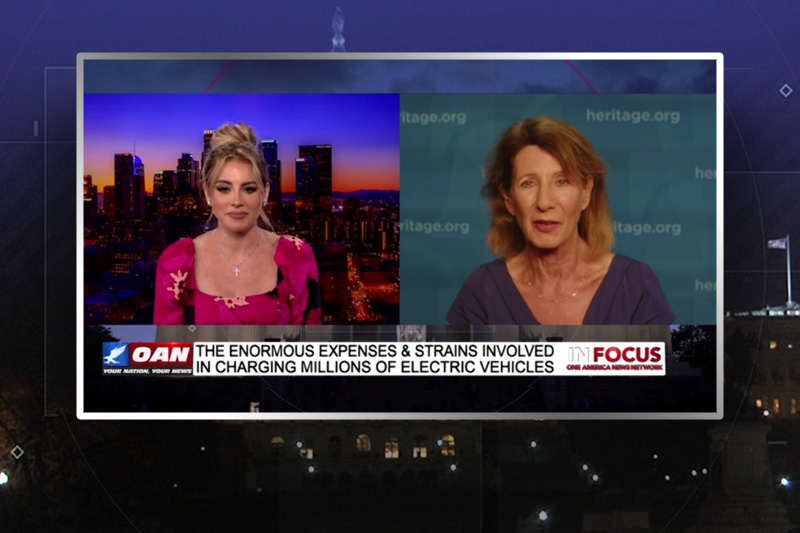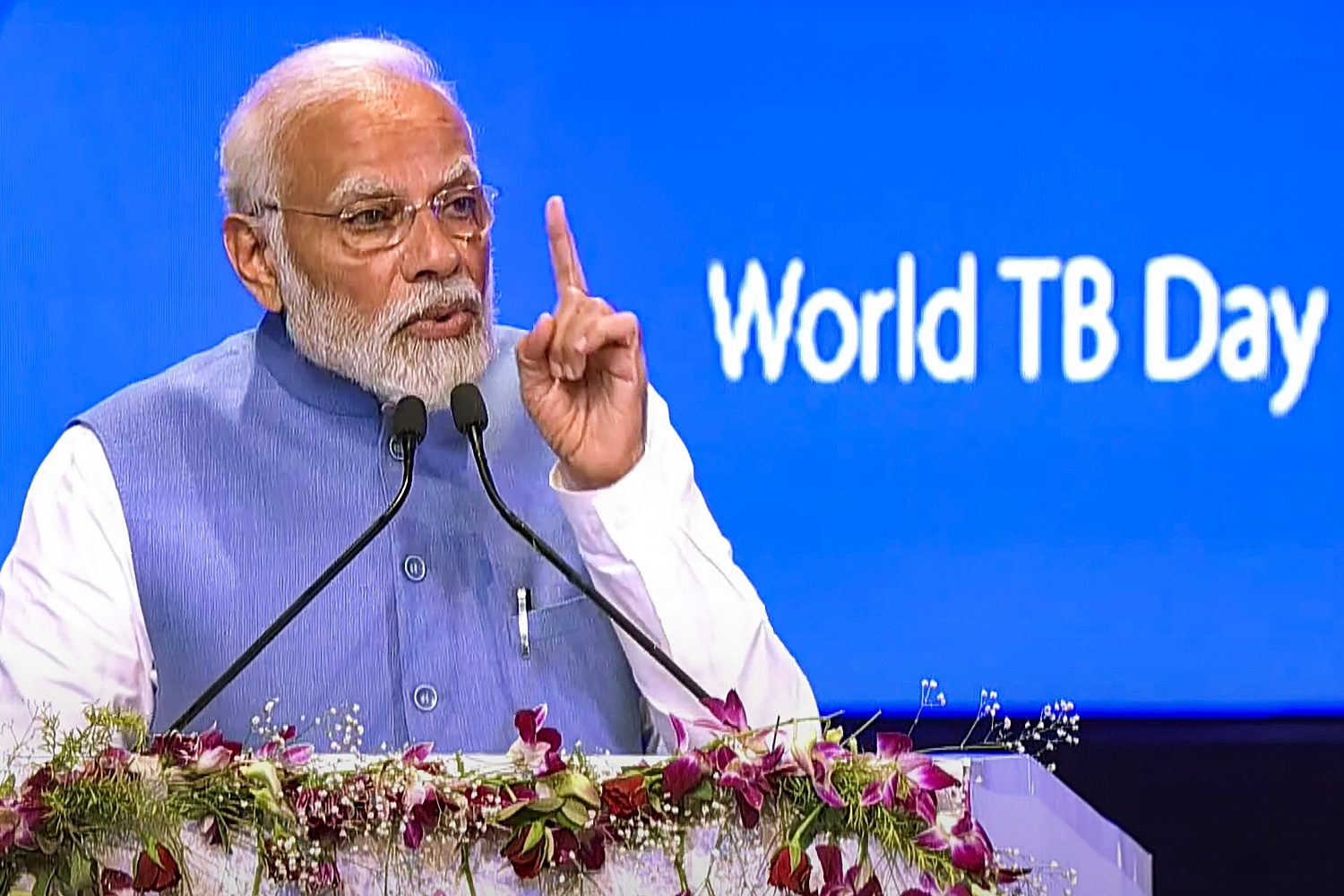Auto Dealers Push Back Against EV Mandates: A Renewed Effort

Table of Contents
Economic Concerns Fueling Dealer Resistance
The financial burden of adapting to the EV revolution is a primary driver of dealer resistance. The transition isn't simply a matter of selling a new type of car; it demands significant investments and adjustments across the board. Dealerships are facing steep economic challenges, threatening their profitability and even their survival.
-
High upfront costs: Investing in EV inventory requires substantial capital. Electric vehicles often command higher initial purchase prices than comparable gasoline-powered models, tying up significant dealership funds. Furthermore, the installation of charging stations represents a considerable upfront cost, particularly for larger dealerships needing to accommodate multiple fast chargers.
-
Insufficient government support: While some government incentives exist, many dealers feel they are insufficient to offset the economic risks associated with EV adoption. More robust financial assistance and tax breaks are needed to ease the transition.
-
Decreased profit margins: The current business model for many dealerships is heavily reliant on the sale of gasoline vehicles and associated services. Profit margins on EVs, at least in the current market, are often perceived as lower, creating concerns about overall dealership profitability.
-
Specialized training and technicians: Maintaining and repairing EVs necessitates specialized training and tools. Dealerships must invest in training their technicians to service these vehicles, adding another layer of expense.
The Challenges of EV Infrastructure Development
The widespread adoption of EVs is inextricably linked to the development of a robust charging infrastructure. The current state of charging availability presents significant hurdles, fueling the resistance to rapid EV mandates.
-
Charging station scarcity: Many areas, especially rural regions, lack a sufficient number of public charging stations. This "range anxiety" remains a significant barrier for potential EV buyers and further discourages dealers from heavily investing in EVs.
-
Grid capacity concerns: The increased demand for electricity resulting from widespread EV adoption puts a strain on existing power grids. Upgrades to the national power grid are necessary to support the influx of EV charging demands.
-
Uneven distribution of chargers: The geographic distribution of charging stations is far from uniform. The existence of "charging deserts" in many areas hinders the usability of EVs, particularly for long-distance travel.
-
Government investment needed: Significant government investment is required to build out a nationwide network of reliable and accessible charging stations. Without this, the transition to EVs will remain slow and uneven.
Consumer Demand and Market Readiness
While EV sales are growing, the market isn't yet fully ready for the rapid transition mandated by some governments. Several factors continue to limit consumer adoption, influencing dealer hesitancy.
-
High purchase prices: The relatively high price of many EVs remains a major obstacle for many consumers, particularly those on lower incomes.
-
Range anxiety and charging times: Concerns about limited driving range and longer charging times compared to gasoline vehicles continue to dissuade potential EV buyers.
-
Lack of consumer awareness: Many consumers remain unaware of the various benefits of EVs, along with available government incentives and rebates.
-
Improved consumer education and marketing: Targeted marketing campaigns and educational initiatives are needed to address consumer concerns and promote the advantages of EV ownership.
The Role of Government Incentives and Support
Government policies and incentives play a pivotal role in shaping both dealer attitudes and consumer adoption of EVs. The effectiveness and sufficiency of current incentives are key factors influencing the pushback against mandates.
-
Analysis of existing incentives: A critical evaluation of current tax credits, rebates, and other financial incentives is needed to determine their effectiveness in stimulating EV adoption.
-
Improving government incentives: Enhanced and more targeted incentives are essential to support both consumers and dealerships during the transition. This might include direct grants to dealerships for infrastructure upgrades and employee training.
-
Clear and consistent policy: Clear, consistent, and long-term government policies regarding EV adoption are crucial for creating a stable and predictable market environment.
Conclusion
The pushback from auto dealers against EV mandates stems from a confluence of factors: significant economic concerns related to upfront costs, insufficient government support, and decreased profit margins; challenges in developing a robust EV charging infrastructure; ongoing limitations in consumer demand and market readiness; and a lack of robust government incentives. A balanced approach is necessary, one that considers the legitimate concerns of auto dealers while striving towards a sustainable transportation future. We need a collaborative effort involving policymakers, auto manufacturers, dealerships, and consumers to create a smoother transition. To learn more about finding solutions and compromises, search for "EV mandate solutions," "compromises on EV mandates," or "supporting auto dealers in the EV transition."

Featured Posts
-
 Young Thugs Back Outside Album Release Date Speculation And Hype
May 09, 2025
Young Thugs Back Outside Album Release Date Speculation And Hype
May 09, 2025 -
 Ochakvan Rimeyk Na Stivn King Ot Netflix
May 09, 2025
Ochakvan Rimeyk Na Stivn King Ot Netflix
May 09, 2025 -
 2025 82 000
May 09, 2025
2025 82 000
May 09, 2025 -
 Equip Yourself For The Finals Find Your Boston Celtics Gear At Fanatics
May 09, 2025
Equip Yourself For The Finals Find Your Boston Celtics Gear At Fanatics
May 09, 2025 -
 Preview Bayern Munich Vs Fc St Pauli Form Team News And Prediction
May 09, 2025
Preview Bayern Munich Vs Fc St Pauli Form Team News And Prediction
May 09, 2025
Latest Posts
-
 Jeanine Pirro A Closer Look At Her Education Wealth And Legal Career
May 09, 2025
Jeanine Pirro A Closer Look At Her Education Wealth And Legal Career
May 09, 2025 -
 Meet Jeanine Pirro Education Net Worth And Career Highlights
May 09, 2025
Meet Jeanine Pirro Education Net Worth And Career Highlights
May 09, 2025 -
 Analysis Jessica Tarlov Challenges Jeanine Pirro On Canada Trade Policy
May 09, 2025
Analysis Jessica Tarlov Challenges Jeanine Pirro On Canada Trade Policy
May 09, 2025 -
 Jeanine Pirros Past Did A Drunk Episode Jeopardize Her Dc Attorney Appointment
May 09, 2025
Jeanine Pirros Past Did A Drunk Episode Jeopardize Her Dc Attorney Appointment
May 09, 2025 -
 Due Process Concerns Analyzing Jeanine Pirros Comments On El Salvador Deportations
May 09, 2025
Due Process Concerns Analyzing Jeanine Pirros Comments On El Salvador Deportations
May 09, 2025
